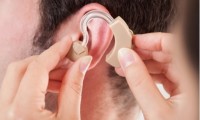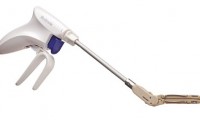-
FDA Clears First Over-the-Counter Continuous Glucose Monitor
- Source: drugdu
- 84
- March 7, 2024
-
Comprehensive protein analysis reveals potential targets for treating dialysis-related amyloidosis
- Source: drugdu
- 133
- March 4, 2024
-
February 23, 2024
- Source: drugdu
- 83
- February 27, 2024
-
Building a Digital Stockpiling Strategy One Shelf At A Time
- Source: drugdu
- 104
- January 30, 2024
-
FDA Clears AnX Robotica’s NaviCam SB for Expanded Indications
- Source: drugdu
- 146
- January 17, 2024
-
J&J’s Megadyne restricts use of electrodes over burn risk, triggering Class I FDA notice
- Source: drugdu
- 176
- January 11, 2024
-
Wearing hearing aids could extend people’s lifespan
- Source: drugdu
- 166
- January 5, 2024
-
FDA Roundup
- Source: drugdu
- 107
- December 26, 2023
-
Smartwatches prove effective in detecting heart arrhythmias in children
- Source: drugdu
- 109
- December 20, 2023
-
Medtronic to chase Boston Scientific, Abbott in left atrial appendage closure market
- Source: drugdu
- 170
- November 30, 2023
your submission has already been received.
OK
Subscribe
Please enter a valid Email address!
Submit
The most relevant industry news & insight will be sent to you every two weeks.













